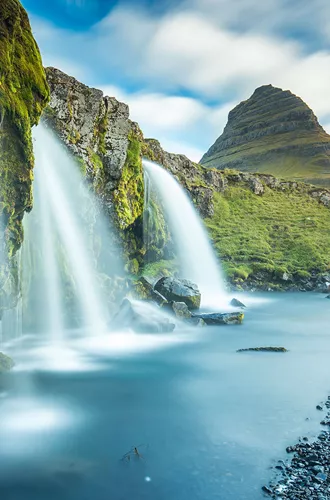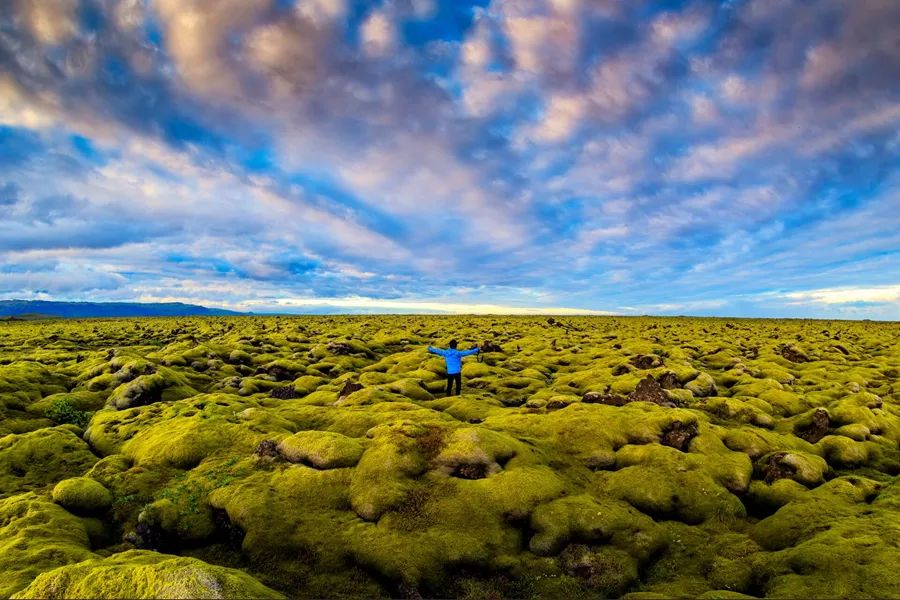Communications
Country Code for Iceland: +354
Official Travel advice visit:
Iceland Travel Advice & Safety | Smartraveller (Australia)
Iceland | SafeTravel NZ (New Zealand)
Emergency Services: 112
The 112 Iceland app from the Icelandic Association for Search and Rescue (ICE-SAR) helps in an emergency.
Australia doesn't have an embassy or consulate in Iceland. You can seek consular help from the Canadian Embassy in Reykjavik.
Canadian Embassy, Reykjavik
Túngata 14, 101 Reykjavik, Iceland
Phone: (+354) 575 6500
Email: rkjvk@international.gc.ca
You can also seek consular help from the Australian Embassy in Copenhagen, Denmark:
Australian Embassy, Copenhagen
Dampfaergevej 26, 2nd floor, 2100 Copenhagen Ø Denmark
Phone: +45 7026 3676
Email: copenhagen.embassy@dfat.gov.au
Facebook: Australia in Denmark, Norway and Iceland
New Zealand Embassy Stockholm, Sweden
6 Skarpögatan, Östermalm 115 93, Stockholm, Sweden
Phone: +46 8 400 172 70
Email: NZEmbassyStockholm@mfat.govt.nz












